War is a very scary and shitty word that doesn’t match at all with having great holidays. Unfortunately, political, economic, religious, and more conflicts don’t stop between countries and within them. Injustice, hate, revenge, invasions, and unsolved historical problems suddenly can wake up and erupt even between nations that have shared borders for years in apparent peace.
We are the type of travelers that never have enough of this beautiful planet. It’s not our plan to go and die in a war zone. But if shit happens and we get trapped in such a conflict, we would like to be at least, basically prepared. Wars show they can take crazy and unpredictable paths sometimes. To calculate, as a tourist, every possible scenario doesn’t seem viable, but there should be something we can do to try to survive.
That's why we have prepared for you these war tips for tourists who get trapped in a conflict.
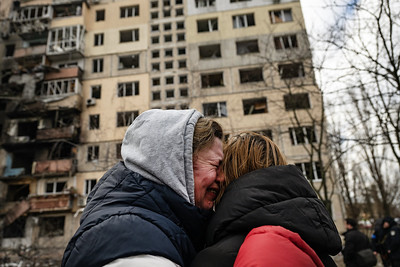
Contact your embassy or closest consulate.
Diplomatic representations are communication breaches to connect authorities with citizens in foreign countries. Recent wars showed that diplomats are some of the first that evacuate risky zones. They usually contact and get contacted by citizens who need help to leave the country in conflict. They are your safest bet, be sure you let them know you need help.
In some countries, there is a chance to inform your authorities that you are leaving the country and your destination. That way they can be aware of your location. In any case, give them a sign. It’s your life that is at risk.
Here, just a note. There’s an important difference between traveling on purpose to a war zone and being surprised by a war. If you think, “who the hell will travel to a war zone for holidays?”. Believe it or not, there is a type of tourism interested in such places. People visit the borders of countries in tension or war zones to have an extreme experience. In this case, diplomatic missions may not consider your case as their responsibility. Only if you are a victim of the circumstance you may expect some help. The situation has to be “big” for an embassy to do something for you.
| Follow PackAndGo.info at: | |
| YouTube | @packandgo. |
| @packandgo.info | |
| X | @packandgoinfo |
| Bluesky | @packandgo.bsky.social |
| @packandgo.info | |
| TikTok | @packandgo.info |
Avoid airports. They can become a dangerous way to escape.
One of the first ideas you can have is to run to the closest airport to grab a ticket and leave. But be careful, not only you will have this idea. During an earthquake, panicked people run directly to the elevators. It seems like the fastest way to escape but it’s the most dangerous. The same happens with airports. First of all, they can get saturated fast. And besides that, airports are strategic targets during wars. Don’t go there without being sure that they keep operating safely. This will be defined by how dangerous the situation is.
Check available and safer alternatives to leave the danger, in case there are.
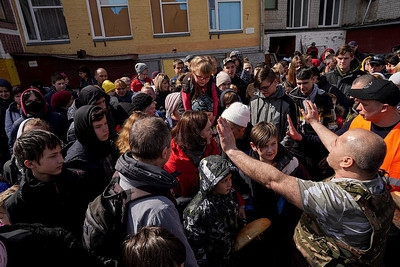
Look for reliable sources of information.
Having information is key for you to decide your moves or to look for groceries or medical assistance. Language can be an issue but looking for reliable and understandable information is a must. Contact your embassy or consulate to close this language gap. Even without the risk of a war, nobody should get into a foreign country without those contacts. NGOs can be another source.
Remember that disinformation is a common strategy used in wars to panic or destabilize the enemy.
Understand the nature of the conflict.
Who is fighting and why? Conflicts can have different reasons like religion, ethnicity, economics, etc. Be sure you understand this to behave properly and not provoke any violent reaction. Without expecting it you could be a target just because of the country you come from, your religion, your outfit, or your physical appearance.
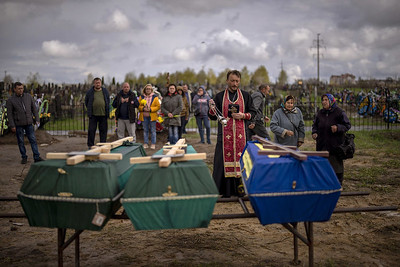
Get to know the conflict’s scope.
Is it international, national, or regional? Don’t overestimate the danger! There have been many guerrillas in different countries that have lasted a long time. However, sometimes the conflicts have been effectively limited to certain regions so travel to those specific regions is not allowed but a tourist can be safe in the rest of the country.
Withdraw cash and buy food and water.
Wars don’t keep static. They change through time. Attacks can intensify or reduce. You have to follow their development and it is vital to get the basics to survive. Withdraw as much cash as you can. Buy smartly! Don’t buy perishable food. Electricity can fail soon due to the attacks. So you won’t have a fridge to store. Get as many cans, chocolates, nuts, and bottled water as you can. Rationing is common during these events but still get as much as you can. And once you have decent storage, consume smartly too. The situation can last weeks, months, or even years. So try to make provisions to last as long as possible. As a tourist for sure, you want to escape and get back home safe, sound, and as soon as possible. But don’t forget that the worse or stronger the war goes the hardest it is to be rescued.
If you are in a medical treatment also try to get more medicine than usually you buy. Get a lamp that can be recharged by solar or at least, a flashlight.
Keep some cash with you. It can buy you a safe pass to another country, water, food, or protection. Yes, let’s talk straight. War is shitty and corruption doesn’t have limits or breaks.

Look for a shelter.
Not every human has knowledge or training for surviving a missile attack or evading personal mines or grenade explosions. Many regular tourists do not even have a clue about the existence of shelters, different types of them, and how to reach them. With or without the guidance of the government or the army, citizens will look for shelters or the safest spots (basements, underground metro stations, rural areas, etc.). The objective is to be as far as possible from the main fight scenario and strategic targets. Join locals and be as careful as possible.
Know that based on the threat (missiles, biological or chemical weapons, etc.), the shelter you need.
Try to keep in touch with your family and friends. Update them about your location and general status. They can get valuable information for you about chances for you to escape, to be accepted as a refugee in a neighboring country, etc.
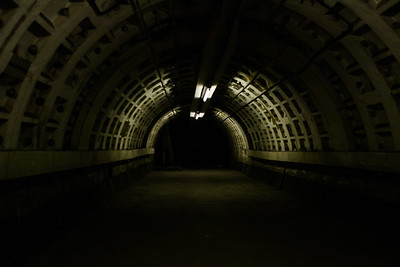
Prepare to be offline.
It’s a common war measure of governments to cut off the Internet service to keep control of the situation. Besides, being strategic, the enemy can also attack these systems (servers) and bring them down.
Download as soon as possible offline maps of the city not to be lost and to be able to plan or follow a route to escape. To locate routes of humanitarian corridors to evacuate in case they exist. Get also an offline translator. Physical maps and dictionaries are very useful in this situation.
Respect the law and the instructions.
If the environment becomes hostile or war takes place and you can’t be rescued by your diplomats immediately, follow carefully safety instructions. It’s not a game and many civilians get killed on purpose or as a side effect of attacks. Don’t get close to windows, respect the curfews, keep your passport handy or another ID, avoid being alone, and don’t be a hero. Tourists are soft targets, meaning most of us don’t have weapon training or skills to defend ourselves as professional soldiers do.
During some conflicts, tourists are prime targets. They can be taken as spies. They can get tortured or terrified to make an example for the rest of the population. Or sometimes, they get kidnapped to ask for a ransom. There is a policy some countries have about not negotiating or paying ransoms. Obviously, bigger things are at stake during a war. Your life may not be a national or international concern. Better don’t risk.
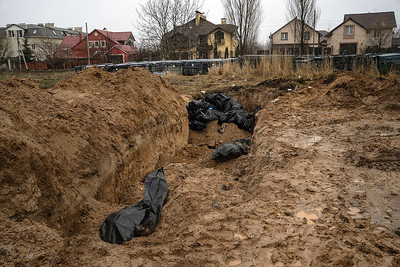
Try not to panic.
Of course, war is terrifying but panic blocks your mind. You need to think clearly and take fast decisions to survive. Be patient! Aid will arrive and still, there are chances for you to get back home alive.
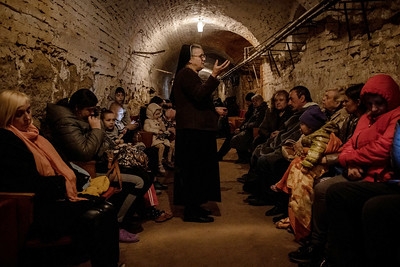
Survival skills.
In war times, any survival skill and previous knowledge you have will be useful. Here we have talked about tips for tourists in case a war suddenly catch them. Spontaneously we barely will learn a new skill. But talking in general, to know foreign languages, first aids, how to fix cars, electricity, computers, treat wounds, filter water, build a shelter, make fire, cook, climb, use knives and other weapons, fish, haunt, physically fight, drive a train, helicopter, etc. can be helpful and can save your life. Learning different stuff, even random things is always good. Do it and hopefully, you never experience a war scenario.
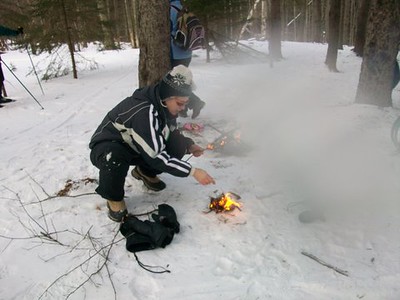
Conclusion.
The best war tip we have for you is prevention! Don't travel to war zones.
We have already given you some tips in case you get trapped by war while visiting a foreign country. But the best is not to be in such a situation. So, before traveling always check for possible warnings or restrictions.
Choosing a destination for holidays means researching a bit about the situation there. Embassies and consulates, as well as different offices or websites related to the Ministry of Foreign Affairs in your country, can have official information for you to plan your trip. Sometimes, when environments are hostile, even the airlines could warn passengers about restrictions to go to those dangerous destinations. Avoid them and be safe!
You can also be interested in this article:
What to do before leaving home for a long holiday?
Follow us on:
| Follow PackAndGo.info at: | |
| YouTube | @packandgo. |
| @packandgo.info | |
| X | @packandgoinfo |
| Bluesky | @packandgo.bsky.social |
| @packandgo.info | |
| TikTok | @packandgo.info |
